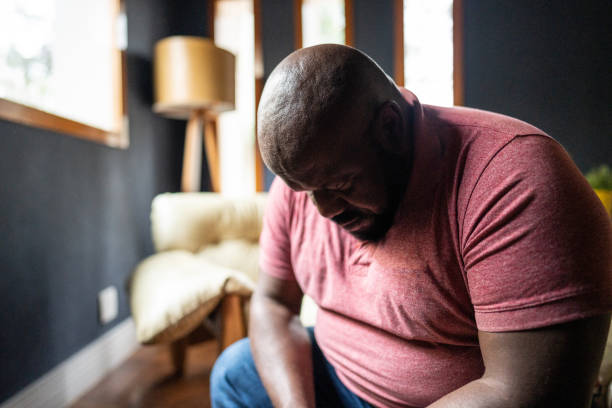By Evans Matthews
In every corner of the world, from Lagos to London, Johannesburg to Jakarta, men face a silent crisis—poor health outcomes linked to preventable diseases, late diagnosis, and societal pressures that discourage proactive care. While global health systems continue to evolve, men’s engagement with preventive care and holistic wellness remains alarmingly low, especially in low-and middle-income countries.
The World Health Organization (WHO) has consistently highlighted that men die, on average, five years earlier than women—often from conditions that could have been managed or avoided altogether. Chronic diseases such as heart disease, diabetes, prostate cancer, and mental health disorders are leading contributors.
“Men tend to seek medical help only when symptoms become unbearable,” says Dr. Ethan Reynolds, a public health researcher at the University of Toronto. “This global trend is influenced by culture, gender norms, and in some regions, inadequate healthcare systems.”
In Nigeria, the challenge is more acute. While urban centers have started embracing modern healthcare and wellness education, vast rural populations remain underserved. The gap in access to screenings, early diagnosis, and mental health services has led to preventable deaths among Nigerian men.
“Preventive care isn’t a luxury—it’s a necessity,” stresses Dr. Nneka Adetola, a physician in Lagos. “When men delay checkups, they reduce their chances of early intervention. In many cases, lives could have been saved by a simple test.”
Globally, there’s growing momentum toward a holistic view of health—treating the mind, body, and spirit as interconnected. Countries like Australia and Sweden promote national wellness programs that include mental health awareness, nutrition, fitness, and mindfulness practices. Corporate wellness initiatives in the United States and parts of Europe now offer regular health assessments, gym memberships, and mental health support as part of employee benefits.
In Nigeria and other African nations, the foundation for holistic wellness already exists culturally—through community bonding, traditional diets, herbal medicine, and spiritual practices. What’s needed is integration with modern healthcare systems and public education campaigns that target men specifically.
A key component of holistic wellness is mental health—a topic long buried under masculine silence. Globally, men are less likely to seek psychological help, leading to higher rates of suicide and untreated depression. In sub-Saharan Africa, including Nigeria, mental health remains heavily stigmatized.
“Globally, we’re learning that wellness is more than the absence of disease,” notes Dr. Ahmed Khan, a wellness expert in Dubai. “It’s about balance—physically, mentally, emotionally. And for men, that means redefining what strength really looks like.”
Nutrition, sleep, stress management, exercise, and emotional expression are all pillars of holistic living. From yoga studios in California to community football games in Nigeria, these practices promote vitality and resilience.
The future of men’s health depends on a united global push—policy reform, education, and shifting gender norms. Across continents, the message must be clear: being healthy is not unmanly. It is the essence of responsible living.
As Dr. Adetola concludes, “Empowered men build healthier families, and healthier families build stronger nations. Preventive care isn’t just a medical strategy—it’s a global responsibility.”





